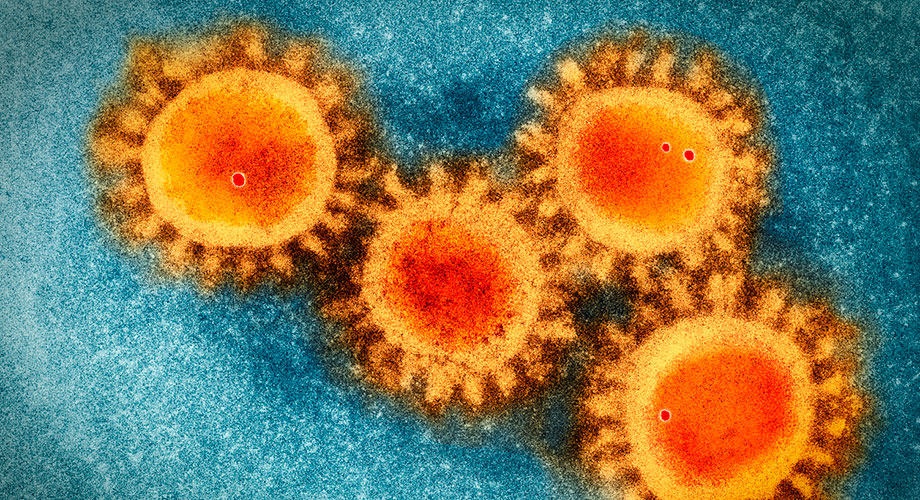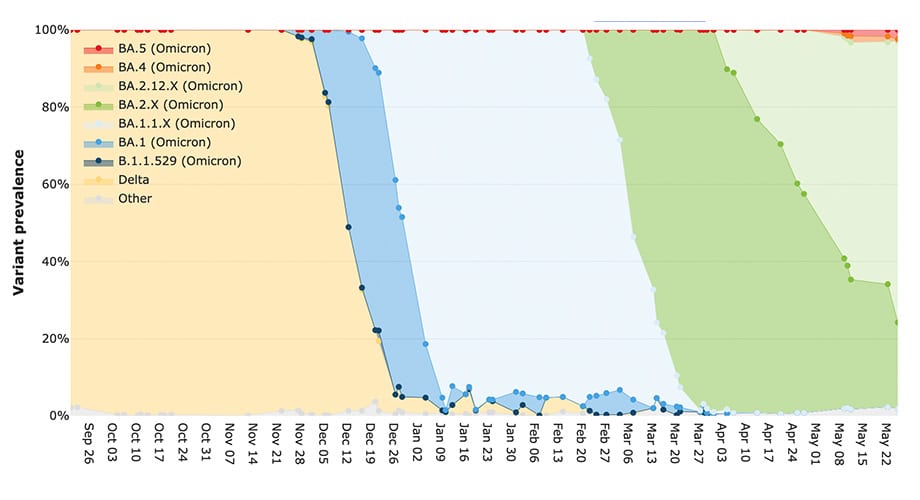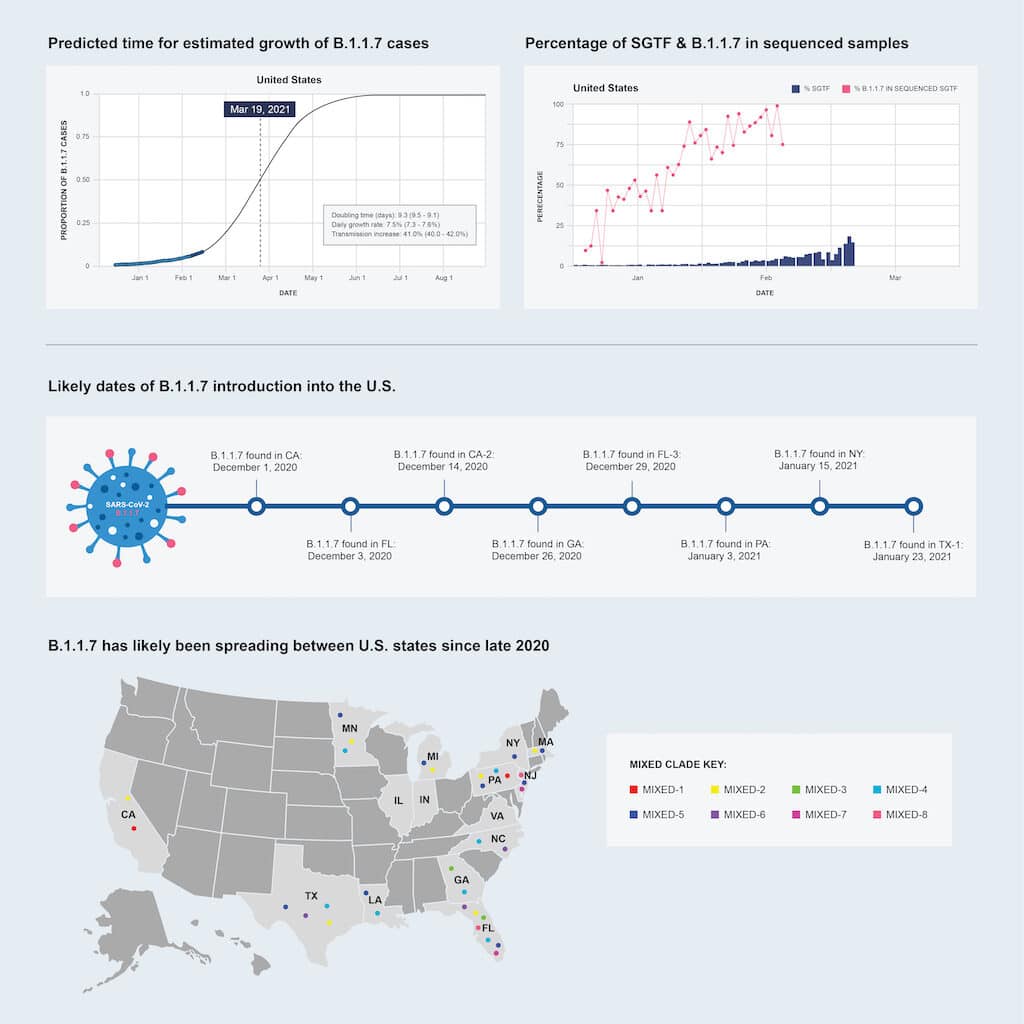WARN-ID Genomic Epidemiology Training Lays Groundwork for Future Research


WARN-ID recently concluded a six-week genomic epidemiology training of 44 trainees across seven countries. The training was composed of three modules aimed at meeting the immediate need for SARS-CoV-2 sequencing, while also providing a vital foundation in genomics and bioinformatics for future development. 26 pre-recorded lecture videos, didactic sessions, office hours, supplemental materials, and ongoing support through a dedicated Slack…
Kristian AndersenOctober 3, 2022







